Truck Brakes: How to Find the Right Set for Your Ride
Many gearheads focus on outright speed or acceleration when talking about their favorite pickup. After all, the truck horsepower wars are in full swing, with Ram belting out over 700 ponies from the mighty TRX and Ford responding in kind with a GT500-powered Raptor R. And you can bet GM and Toyota won’t let this challenge go unanswered for very long either.
Amid the hot-n-heavy horsepower numbers, an important metric is sometimes overlooked though: truck brakes. It’s (relatively) easy to slap a huge supercharger on a built V8 and call it a day, but getting all that mass whoa’d up can be a much tougher nut to crack. With that in mind, and with some help from the experts at Hawk Performance, let’s take a closer look at everything that goes into developing high-performance braking systems for your truck or SUV.
What Makes a Good Set of Truck Brakes?
Good brakes need to dissipate heat quickly in order to maintain their effectiveness under harsh conditions or during bouts of heavy use. Off-road driving, heavy traffic, or towing a trailer can all put massive amounts of stress on a braking system. The latter, in fact, can do an especially extreme amount of damage thanks to all the extra weight that needs to be brought under control.
Heavy-Duty Components
Hawk Performance has put what they've learned in the heavy-duty mining and construction sectors to good use when designing performance brake products for your pickup. Engineered by truck brake pad experts, the LTS/Light Truck & SUV brake compound dramatically improves your truck's stopping power and fade resistance thanks to its Ferro-Carbon friction material. In fact, it provides a whopping 20-40% more stopping power over stock replacement disc brake pads.
Strong Bite
No, we're not talking about the bite your dog gave the mailman. With truck brakes, the term refers to the amount of firm stopping power discs and pads provide when a driver stomps on the pedal. Absent of attributes like Hawk's Ferro-Carbon friction compounds, brakes can be less than effective; think of the difference between someone grabbing tightly to your arm versus a loose grip and you've got the general idea.
It's Getting Hot in Here
Temperature plays a big part in how well braking components perform, especially during heavy use. When brakes get hot, they tend to lose their effectiveness thanks to a phenomenon called “fade.” This can happen for a number of reasons, one of which is the overheating of the brake pads and rotors.
Optimal Temperature Range
Like many things in life – engines, a swimming pool, even the human body – brakes work best within a particular temperature range. On the street during normal use, rotors and pads generally don't get hotter than about 375 degrees, a level which is good for baking bread but harmful to human skin (so don't touch hot brakes, ok?). When worked hard, however – like on a track or when hauling a heavy load – these temperatures can skyrocket and impact the effectiveness of a truck’s brakes.
Consider the following:
- Hawk Performance brakes have an operating temperature between 100-700F
- Their optimal range is right in that same ballpark
- Most brakes emit an odor right around the 600F mark
That last point is particularly helpful, since there's a solid chance you'll smell your brakes overheating before they fade into nothingness and become completely ineffective.
Pay Attention
This is why it's important to be mindful of your surroundings when asking a lot of your truck's brakes, such as while towing. So put the phone down, focus on the task at hand, and pay attention.
It also doesn't hurt to perform a walk-around of your vehicle before hitting the road. Look for obvious signs of brake damage such as pitted rotors or fluid leaks. While driving, note any strange vibrations that occur while braking to a stop, as this attribute could signal warped brake rotors or oddly-worn brake pads.
The Right Stuff
It's important to know the types of products that work best together to ensure you're getting the best bang for your buck. Hawk Performance compounds, for example, are not compatible with carbon ceramic rotors since they have been designed to work with iron/metal rotors. This helps keep a lid on replacement costs, since carbon ceramic brake components often cost several multiples of iron/metal equivalents.
With this type of technology in the bag, you can be assured of top-notch stopping power without breaking the bank—or your truck's front end when you fail to stop in time for Bullwinkle who just popped out onto the roadway during his midnight run.
In this vein, know that Hawk products are proven where it matters, used by the likes of HOONIGAN and Dirt Fish, plus the crew at GridLife and in the Robby Gordon Stadium Super Truck series. Given the abuse those drivers hurl at their brakes, that's a pretty solid endorsement.
For more on Hawk Performance’s high-performance braking system products for trucks and SUVs, click here.
More by AutoGuide.com Staff



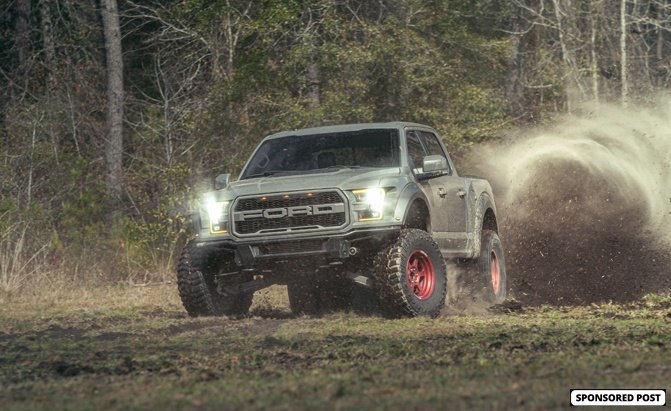














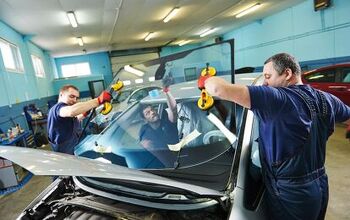
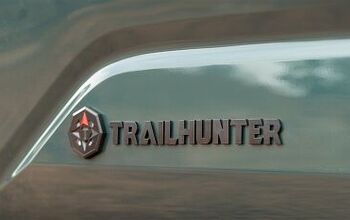
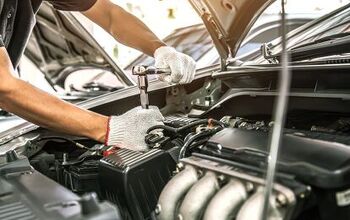

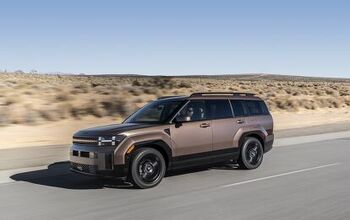
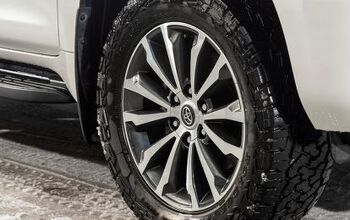
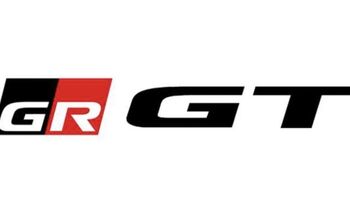
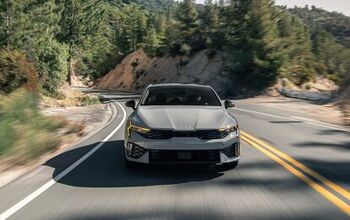

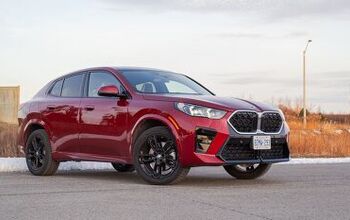
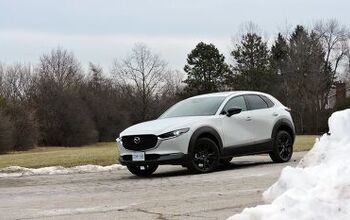
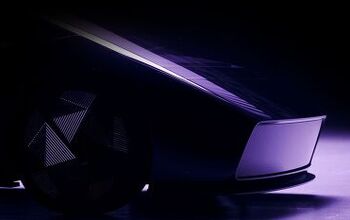
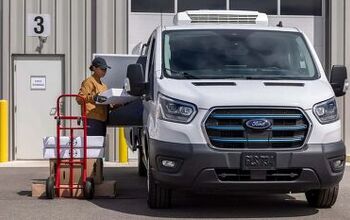
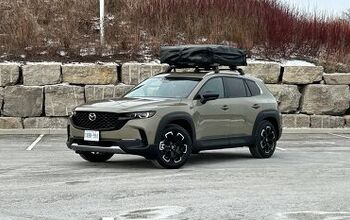
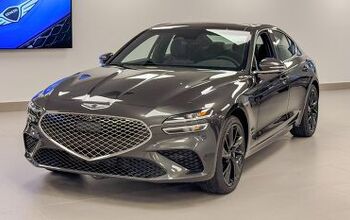
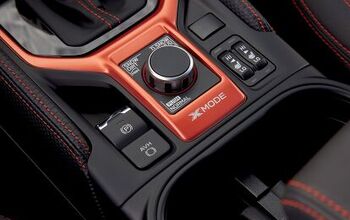
Comments
Join the conversation